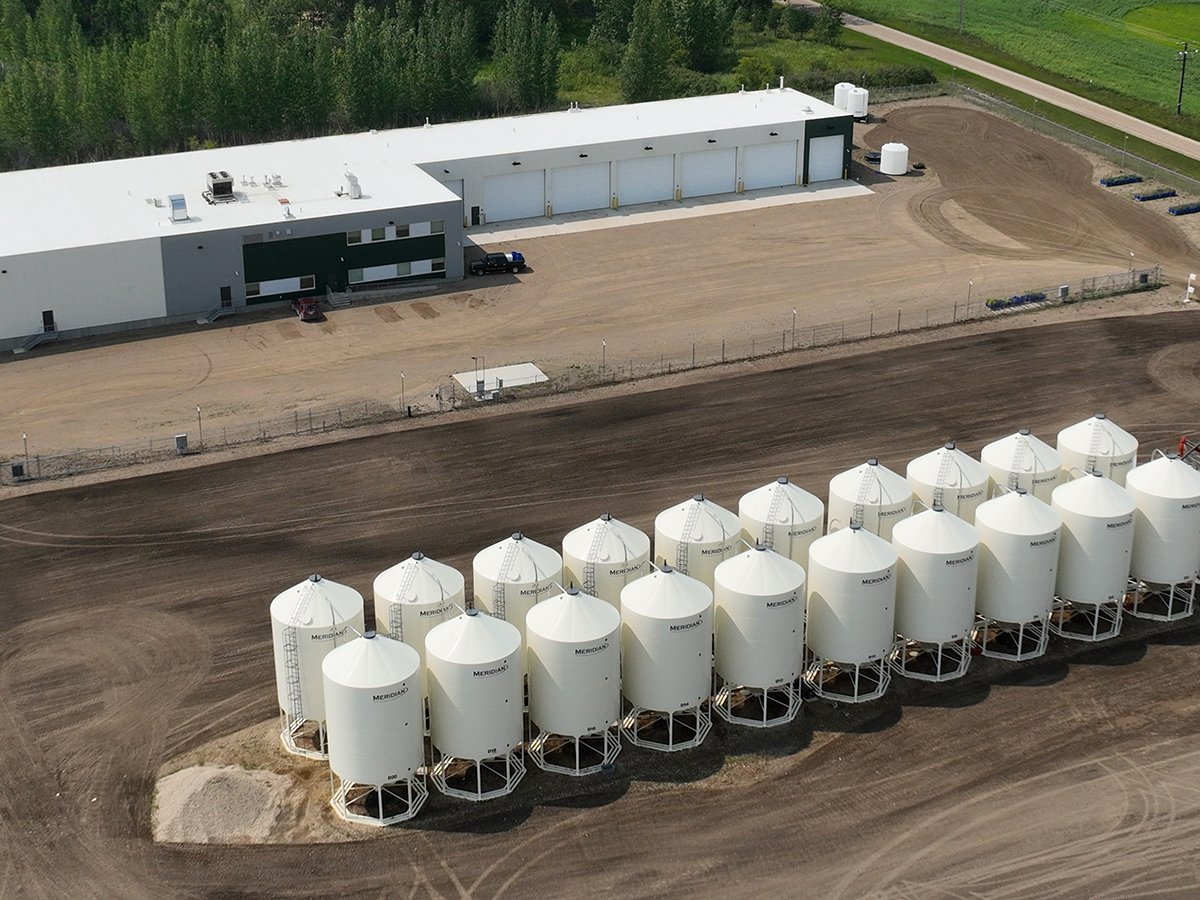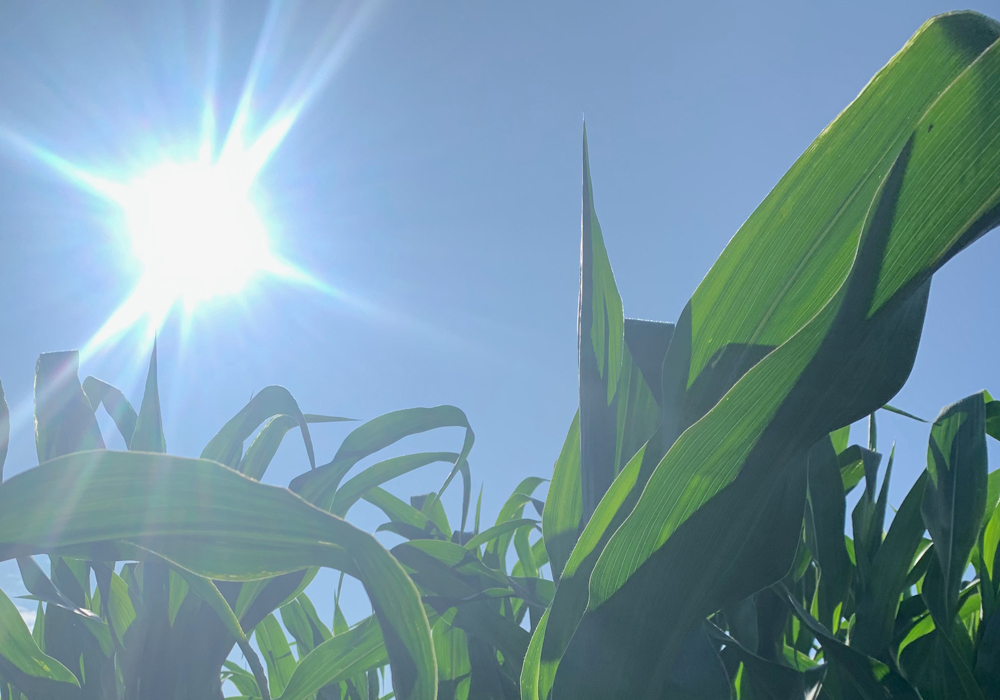Climate change, once an afterthought for most farmers, has become top of mind for the federal government, adding a new focus for farmers hoping to be part of the continuing evolution of Canada’s agricultural economy.
Proving that Canadian farmers are contributing to Canada’s climate change goals will be important in the next Agricultural Policy Framework and the innovation and development funding that flows out of it, according to a senior federal government official.
“We are pretty active in looking at some of these issues that are increasing the volatility in our sector,” said Marco Valicenti, the director-general of Agriculture Canada’s innovation program funding.
Read Also

Saskatchewan firm aims to fix soil with compost pellets
In his business, Humaterra, Leon Pratchler is helping farmers maximize yields in the weakest areas of their fields through the use of a compost pellet.
Those issues include the drought and heat waves, flooding and extreme swings in the weather that have become more common.
Climate change mitigation is being moved into the centre of agriculture development funding, an area that has tended to be focused on productivity-boosting research and development. Those foci will need to reside together, with climate volatility being seen as a key crimp on future agriculture production.
The types of development that interest Agriculture Canada can be seen in the Living Labs program, which operates in a number of provinces, including Manitoba. In that program, innovative approaches to soil, water and habitat protection are being tried out on real farms, with individual farmers involved.
Another federal program is promoting what it sees as “beneficial management practices” with the On-Farm Climate Action Fund.
“Clean technology” is another priority.
The federal government has recently become a proponent of “regenerative agriculture,” which it sees as a means to reducing greenhouse gas emission through practices such as cover-cropping and rotational grazing.
These new environmental focuses for agricultural development funding do not replace the traditional focus on boosting Canada’s farm production.
Valicenti said the audacious export goals for 2025 stand.
“We do see and we do expect to see continued growth,” said Valicenti.
The issues confronting farmers and agriculture have multiplied in recent years. On top of climate change volatility are problems with international trade, labour shortages, transportation system breakdowns and public trust.
The next iteration of the Agriculture Policy Framework will bring in the beefed-up environmental and climate change goals, Valicenti said.
















